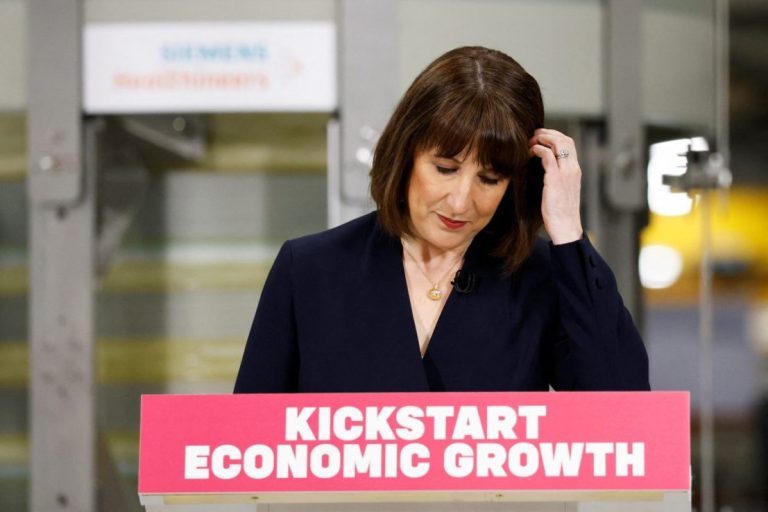
How Trump’s Tariffs Could Affect Personal Finances in the UK
The announcement of new tariffs by US President Donald Trump has sent ripples across the global economy, with potential implications for the personal finances of people in the UK. These ‘liberation day’ tariffs include a minimum 10 per cent tax on all imports to the US, aimed at invigorating American manufacturing. However, the trickle-down effect of these tariffs could ripple across the Atlantic, influencing various aspects of financial life in the UK.
Inflation
Inflation, which dictates the rate at which prices increase, had recently seen a decrease in the UK, reaching a level of 2.8 per cent in February. Nevertheless, the evolving tariff situation has introduced doubts regarding future inflation trends. The Bank of England has noted the growing global uncertainty spurred by these tariffs, potentially leading to steeper price rises in the UK as international trading costs escalate. A rise in inflation could result in higher prices at supermarkets and other retail sectors, exacerbating cost-of-living pressures for UK residents.
Pensions
Private pension funds, which many rely on for future financial security, could experience volatility due to market fluctuations caused by the tariffs. Historically, stock market downturns can erode the value of these funds. Younger individuals, further from retirement, might not see an immediate impact due to their investment horizon and ability to adjust their portfolios over time. However, those nearing retirement could face significant challenges if their pensions diminish, possibly extending their working years to recoup losses.
ISAs
While cash ISAs remain insulated from stock market fluctuations, stocks and shares ISAs do not. The volatility brought about by the tariff battle might erode the value of such investments, raising questions about Chancellor Rachel Reeves’ strategic encouragement of stocks and shares ISAs over cash ISAs. As these financial vehicles rely on the stock market’s performance, heightened instability poses potential risks to returns on consumer savings.
Mortgages
Interestingly, the tariff-induced economic turmoil might provide a silver lining for prospective homeowners in the UK. Concerns about the impact of a global tariff war could prompt the Bank of England to consider cutting interest rates further than anticipated. Historically, interest rate reductions are employed to stimulate economic activity during downturns, potentially making mortgages more affordable due to lower rates.
Petrol Prices
Another possible benefit could manifest in reduced petrol prices. As the threat of a recession looms over the US economy due to the new tariffs, oil demand could decrease, leading to falling global oil prices. Consequently, UK petrol stations may reflect these changes, potentially easing fuel costs for British motorists.
The implications of Trump’s tariffs highlight the interconnectedness of global economies and the downstream effects on local financial ecosystems, bringing potential challenges and opportunities for individuals in the UK navigating these economic waters.



